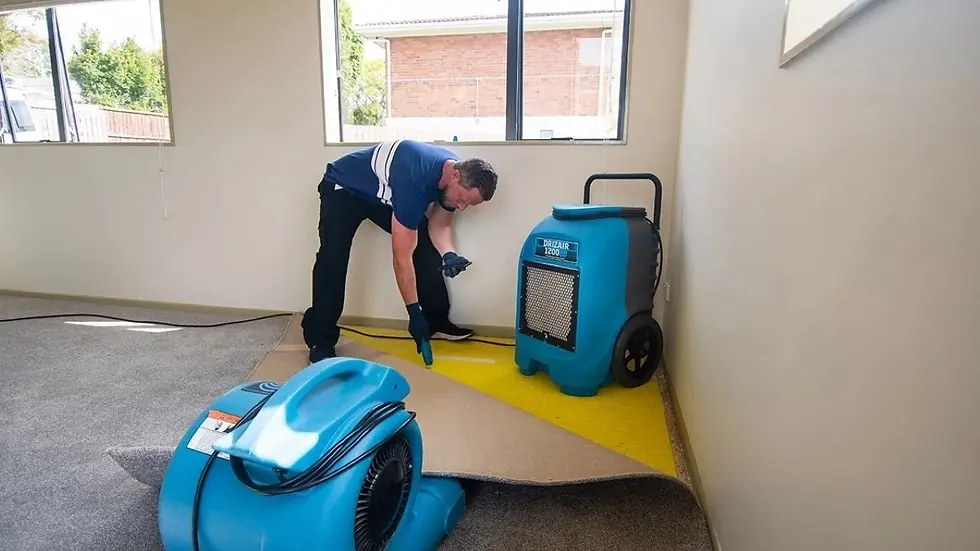Is Owning a Restoration Business Profitable?
- Aug 14, 2025
- 2 min read
Updated: Aug 15, 2025
If you're considering starting a restoration business, you're likely wondering: Is it actually profitable? The short answer is yes—restoration services like water damage restoration, fire damage cleanup, and mold remediation can be highly lucrative when managed properly.

In this blog, we’ll explore the key factors that influence restoration business profitability, what you need to get started, and how Wexford Insurance can help protect your investment.
Why Restoration Businesses Are in Demand
Restoration services are essential in both residential and commercial markets. Property owners rely on restoration companies after:
Floods and plumbing failures
Fires and smoke damage
Mold outbreaks
Natural disasters
These events are often covered by insurance, which means clients are more likely to pay for professional services—making this a recession-resistant industry.
What Makes a Restoration Business Profitable?
1. High Margins on Emergency Services
Emergency response services like water extraction and fire cleanup often command premium rates due to urgency and complexity.
2. Insurance-Paid Jobs
Many restoration jobs are funded by homeowners’ or commercial property insurance, ensuring reliable payment and larger job scopes.
3. Recurring Work from Property Managers
Establishing relationships with real estate firms, HOAs, and commercial property managers can lead to ongoing contracts.
4. Scalability
Once established, restoration businesses can scale by adding crews, expanding service areas, or offering additional services like reconstruction.
Startup Costs vs. Long-Term Profit
While startup costs can be significant—especially for water damage restoration equipment and certifications—the long-term return on investment can be substantial.
Don’t Overlook Insurance Costs
To operate legally and safely, restoration businesses need specialized insurance. At Wexford Insurance, we help you find the right coverage, including:
General Liability Insurance – Covers property damage and bodily injury
Workers’ Compensation – Required for employee injuries
Commercial Auto Insurance – Covers vehicles used for job sites
Equipment Insurance – Protects your tools and machinery
Commercial Property Insurance – Covers your office or storage facility
How to Maximize Profitability
Invest in training and certifications (e.g., IICRC)
Use restoration software to streamline job tracking and invoicing
Build relationships with insurance adjusters and property managers
Offer 24/7 emergency services for higher-value jobs
Final Thoughts
So, is owning a restoration business profitable? Absolutely—if you’re prepared, properly insured, and focused on delivering quality service. With the right strategy and support, your restoration business can thrive in a growing and essential industry.




